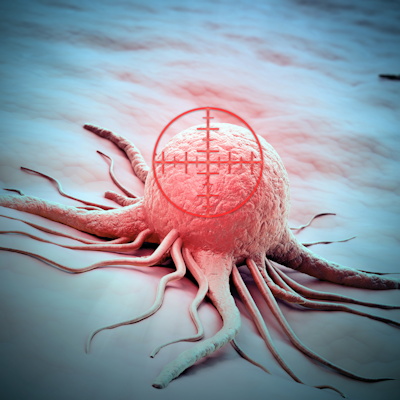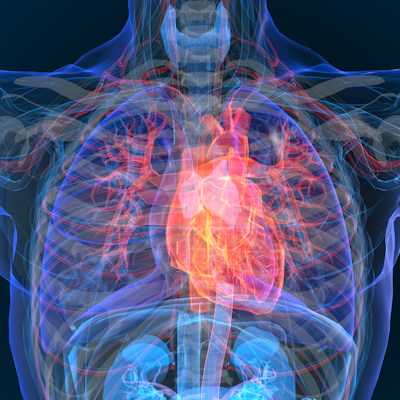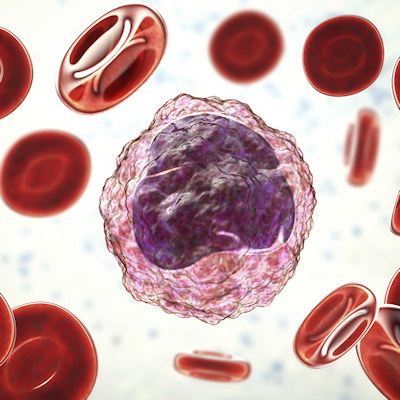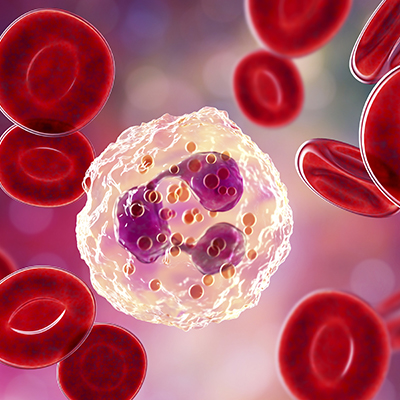September 22, 2022 -- Researchers at Scripps Research in La Jolla, CA have discovered the cellular mechanism that underpins excessive inflammation in the body. This revelation could lead to new ways of preventing and/or treating inflammation-related conditions such as sepsis, arthritis, and coronary artery disease.
The research team found that a multiprotein "molecular machine" called Wash restrains the excessive inflammatory activity caused by neutrophils while still preserving neutrophils' antimicrobial effectiveness (Nature Communications, September 21, 2022).
Neutrophils comprise about two-thirds of the white blood cells that circulate through human bloodstreams and the molecules neutrophils release via exocytosis are potent enough to harm healthy cells. Excessive and/or chronic release of these molecules at least partly underlies sepsis, arthritis, smoke inhalation injury to the lungs, inflammatory bowel disease, some cancers, and even atherosclerosis.
When neutrophils encounter signs of infection or inflammation, they respond by releasing milder compounds within gelatinase granules. The second type of exocytosis triggered by more severe infection or inflammation releases azurophilic granules. These are the molecules more likely to damage bystander cells, the researchers found.
Wash normally facilitates the initial gelatinase granule response and releases compounds that help neutrophils adhere to and move around surfaces such as blood vessel walls. Also, Wash normally restrains the release of azurophilic granules cargoes. In neutrophils without Wash, excessive amounts of azurophilic granules were released, the scientists discovered.
Mice with these neutrophils had azurophilic blood levels akin to people with systemic inflammation. The mortality rate of these mice was more than triple that of normal mice when experiencing sepsis-like conditions.
The research team is continuing to study Wash and other molecules involved in neutrophil exocytosis and aims to find candidate drug molecules that can decrease excessive azurophilic granule exocytosis without impairing neutrophils' functions as immune first responders.
Copyright © 2022 scienceboard.net











